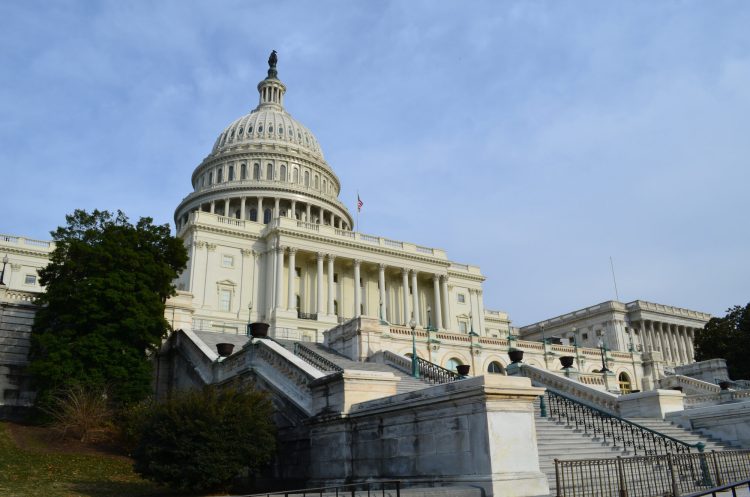In a recent op-ed, Chase Hagaman, regional director of The Concord Coalition, and Alex Talcott, a member of Concord’s New Hampshire advisory board, explain why Congress should wrap up the disappointing budget process of Fiscal 2017, removing the risk of a government shutdown and clearing the decks for work on next year’s budget. This article appeared in the Seacoast Sunday, the combined Sunday paper for the Portsmouth Herald and Foster’s Daily Democrat in New Hampshire.
To politicians who paint the picture of couples poring over a household budget and bills at their kitchen table: Save the sympathy. Set an example.
Congress continues to have trouble accomplishing the basic requirements of its job description, and has been scrambling yet again this week to complete spending legislation to prevent a partial government shutdown.
On Friday the House and Senate fell back on another stop-gap measure to keep the government open one more week while lawmakers keep trying to finish up the needed legislation.
This spending legislation should have been approved before last October, when Fiscal 2017 began, but Congress has only approved one of the twelve annual appropriations bills needed to keep the government’s doors open. Now, when Congress should be focusing on spending plans for the next fiscal year, it is still trying to complete its responsibilities for the current year.
The relationship between Congress and the Trump administration has helped to bog down and complicate the Fiscal 2017 budget process.
The administration has been pushing for increased defense spending and a down payment on a border wall, and had raised questions about future funding of Affordable Care Act subsidies. Democrats want any additional defense spending matched by a comparable increase for domestic programs.
At the same time, a recent Pew Research Center survey found that 48 percent of Americans now prefer increased government spending — a seven point increase from December — especially in areas like veterans’ care, education, infrastructure, and health care.
But our total national debt is nearly $20 trillion, and budget deficits are back over $500 billion a year — with rapid growth projected for them over the next decade.
The Fiscal 2017 budget process has been particularly drawn-out and dysfunctional. But over the last twenty years, the budget process has repeatedly broken down. Both Republicans and Democrats have relied on stopgap measures and omnibus bills to keep the federal government’s doors open.
Stopgap measures known as “continuing resolutions” generally maintain funding for federal programs at current levels, regardless of changing needs and priorities. This makes it difficult for agencies and departments to plan effectively and work efficiently.
Omnibus bills can be so large and put together so quickly that lawmakers do not have time to thoroughly consider them.
This way of conducting the country’s business has resulted in poor policies that produce large deficits, add to the nation’s debt, and often leave little time for serious long-term planning.
The disappointing congressional budget process of Fiscal 2017 needs to be wrapped up quickly, removing the risk of a government shutdown and clearing the decks for work on next year’s budget.
Doing better means approving all 12 appropriations bills needed for Fiscal 2018 — which will begin Oct. 1 — in a timely, orderly fashion. This would enable the federal government to operate more efficiently. It could also improve public confidence in Congress, which is experiencing exceptionally low approval ratings.
With budget decisions impacting everything from national security to infrastructure investment, Congress needs to focus on doing its job, and doing it with more than the next few months or current fiscal year in mind.
Moving forward, we must ask our members of Congress to deal with their budgetary responsibilities with thoughtfulness and foresight.
Continue Reading

